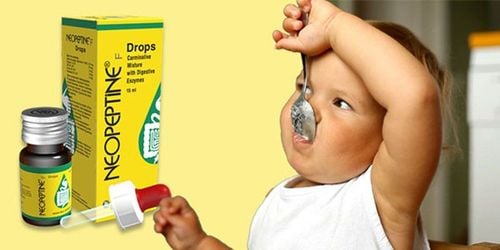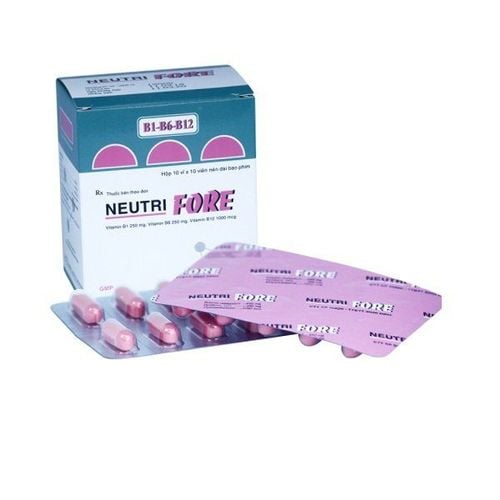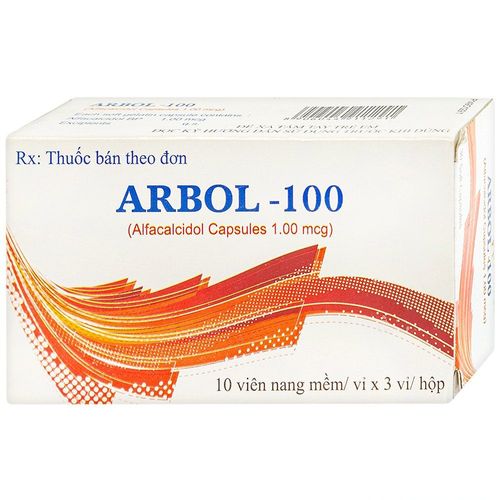This is an automatically translated article.
The article was professionally consulted by Dr. Huynh Bao Toan - Pediatrician - Neonatologist - Department of Pediatrics - Neonatology - Vinmec Nha Trang International General HospitalFor fear of their children not getting enough nutrients, being stunted compared to their peers, many parents puree food for their babies and force them to eat as well so that their children can eat more and faster. So should you puree baby food and how does this affect your baby's health and development?
1. Harm of puree baby food
1.1. Grinding baby food affects the baby's ability to chew later. Chewing is an essential skill that any child must learn during development. During the transition from exclusive breastfeeding to solid foods, your baby is usually just getting used to the swallowing reflex, chewing movement is difficult for babies and can lead to vomiting. However, if the mother purees the food for the baby to eat, the baby will not have much opportunity to practice the chewing reflex. This causes obstacles in the diet, which easily leads to anorexia, picky eaters, making the baby not develop comprehensively compared to peers.
The fact that the baby only knows to swallow food without chewing will adversely affect the digestive system, making it difficult for the child to absorb nutrients and develop substandard. Parents who regularly puree baby food will lead to the risk of rickets, malnutrition, and an imbalanced BMI of the baby.
In addition, the chewing reflex is also a part of the child's learning and thinking development process. If you don't learn to chew right in the weaning stage, your baby will not get the feeling of the softness, hard, chewy, crunchy... of each type of food. This inadvertently limits the ability to recognize, basic reflexes and affects the intelligence of the baby.
1.2. Grinding baby food makes babies lazy to eat The appetite, appetite is created by the effect of gastric juice secreted during chewing and feeling the taste of intact food when put in the mouth. Pureeing baby food reduces these steps to only putting food in the mouth and swallowing. Thus, the baby will consider eating simply as an obligation, the digestive system will not secrete enough gastric juice to stimulate the appetite, and at the same time, the baby will not feel the taste of food and will quickly feel hungry. anorexia.

Xay nhuyễn thức ăn cho bé gây ra nhiều tác hại nghiêm trọng tới sức khỏe và sự phát triển của trẻ
2. Tips for moms when grinding baby food
With the above risks of grinding baby food, the first thing that parents need to do is properly understand the advantages and disadvantages of puree and do not abuse this method to help children eat.
Mothers need to actively let children get used to raw foods so that children get used to them. After starting with pureed food for the first 1-2 months, you can boldly increase the consistency (or coarseness) of the food in the following months.
Initially, you can cook porridge thicker, without using a sieve/filter. Then, instead of cooking porridge with rice flour, you can use broken rice grains, no need to mince vegetables and meat as before.
In addition, in order to prevent the baby from choking or spitting up, the mother should avoid full spoons, should not cook foods that are too coarse, too hard, or mix the coarse and pure parts so that the baby does not feel the hardness of the food, leading to choking when swallowing. In addition, parents need to pay attention to monitor the baby's adaptation to best support eating, avoid overusing baby food, and at the same time prevent the baby from getting sick or having sore throat.
It can be seen that feeding children properly not only helps children develop comprehensively, but also limits health and disease problems for young children. Therefore, parents should actively follow so that children have the most appropriate way of eating according to each age.
For children to be healthy and develop well, it is necessary to have a nutritious diet in terms of quantity and balance in quality. If children are not provided with adequate and balanced nutrients, it will lead to diseases of excess or lack of nutrients that adversely affect the comprehensive development of children in terms of physical, mental and motor.
Children who do not eat properly are at risk of micro-mineral deficiencies, causing anorexia, growth retardation, malabsorption... If they notice the above signs, parents should supplement their children with products. The supplement contains lysine, essential micro-minerals and vitamins such as zinc, chromium, selenium, and B vitamins to help fully meet the nutritional needs of children. At the same time, these essential vitamins also support digestion, enhance nutrient absorption, help improve anorexia, and help children eat well.
Parents can learn more:
Signs of zinc deficiency in children
Micronutrient deficiency and failure to gain weight in children
Please regularly visit Vinmec.com website and update useful information to take care of your child. Take care of the baby and the whole family.














